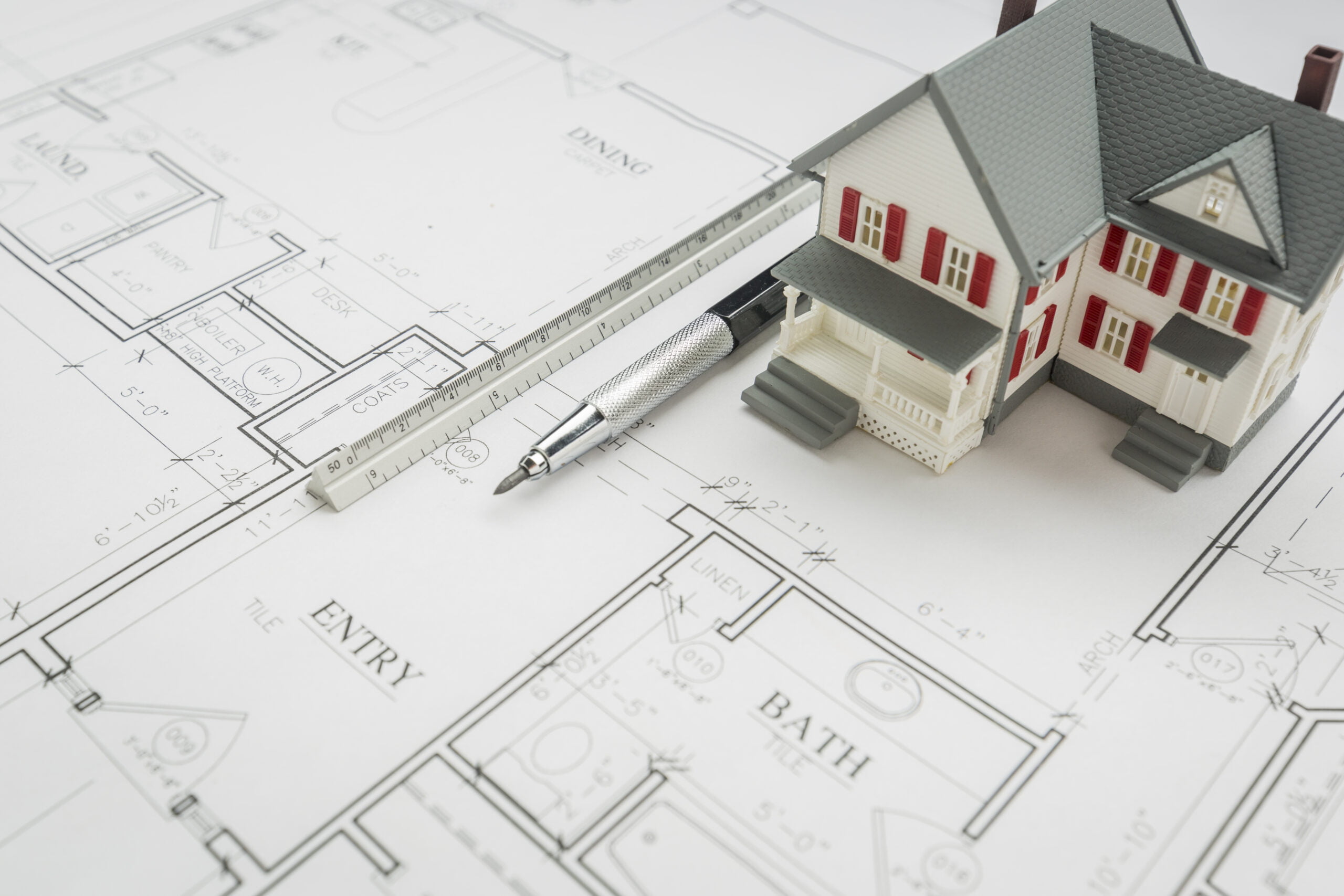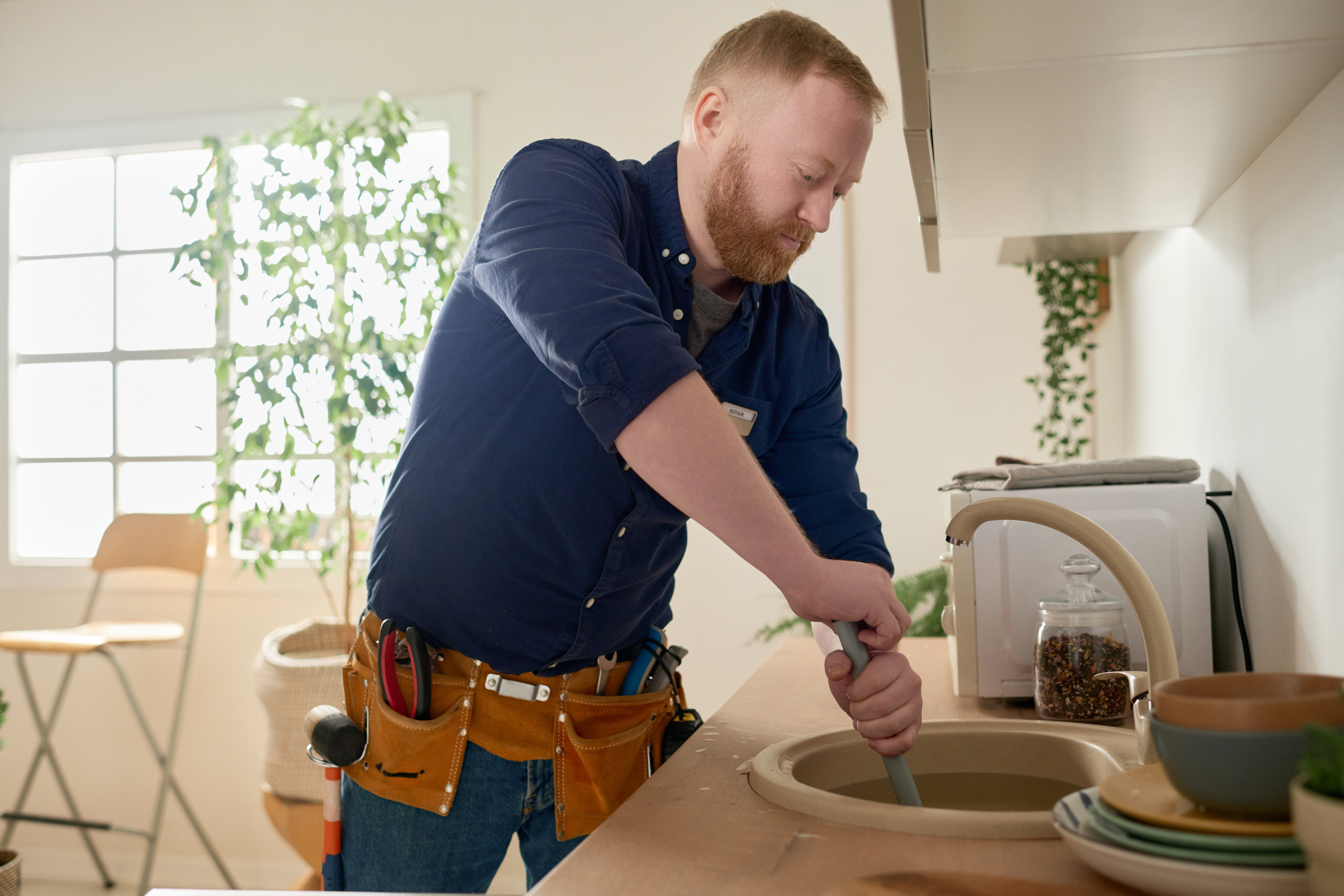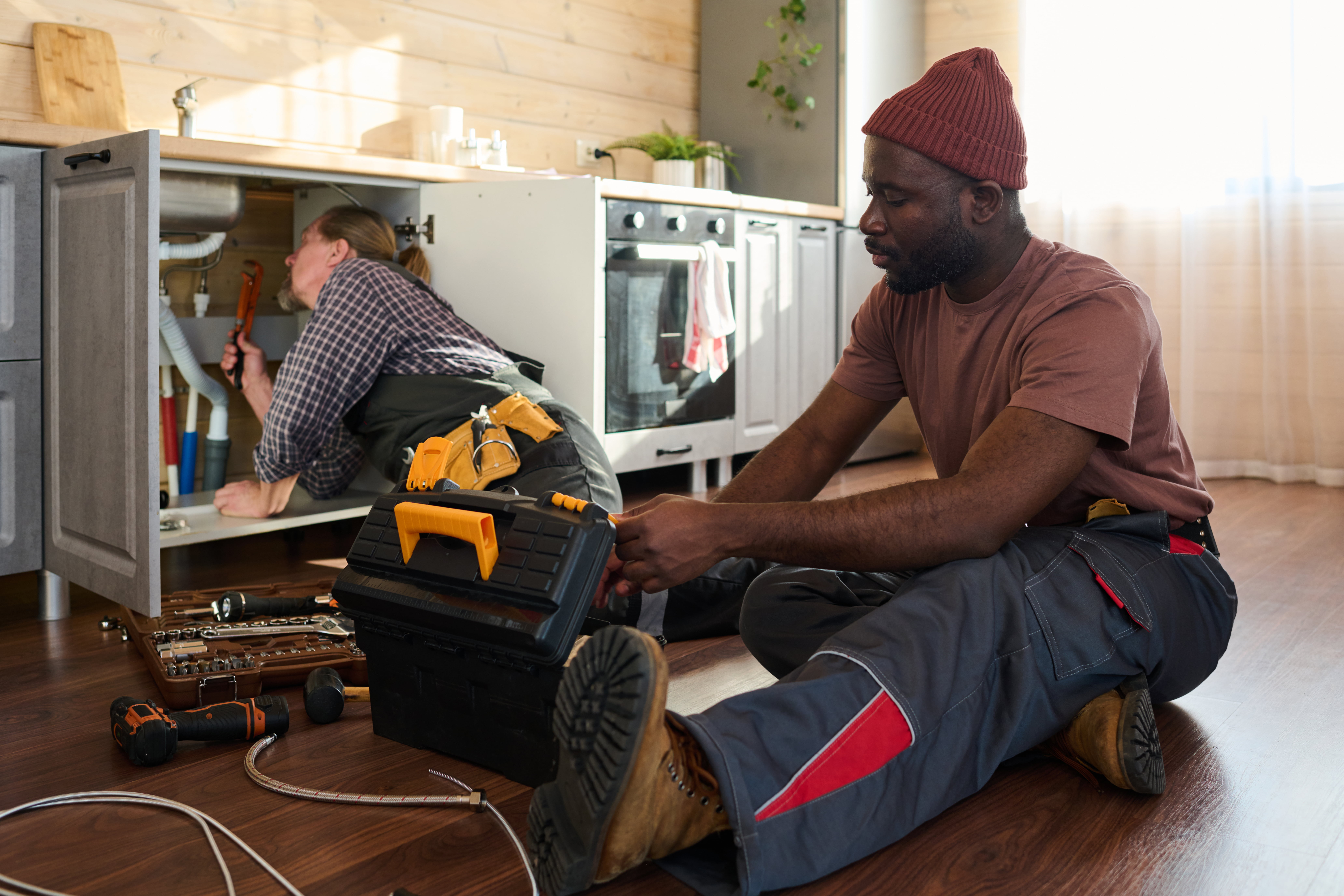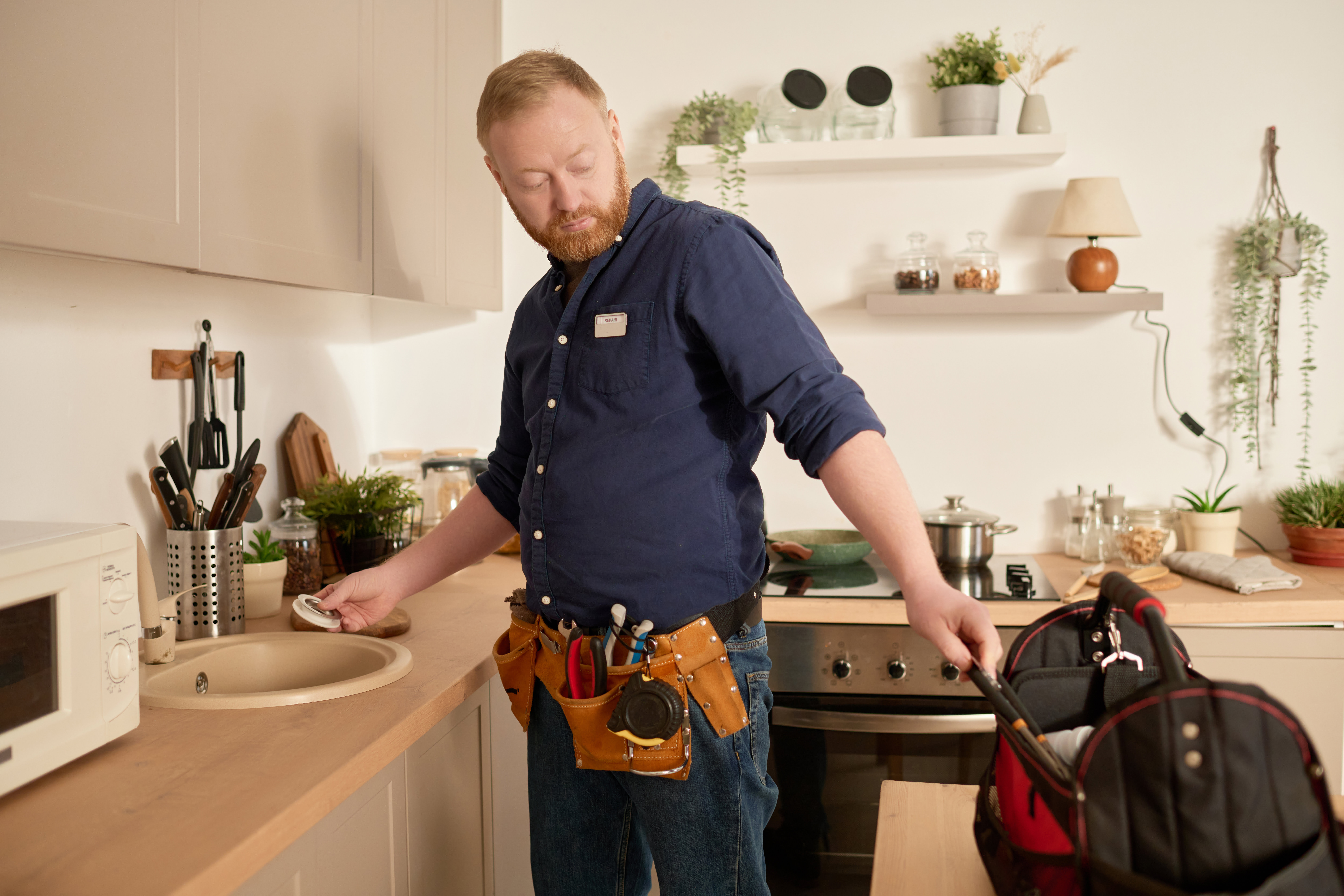Building a custom home is an exciting undertaking, but navigating the process may feel overwhelming for first-time home builders. This guide aims to help you through the major steps and decisions involved in building a custom home, providing tips to simplify the process and ensure your new home meets your unique needs and desires. Keep reading to learn more about some of the aspects of building your dream custom home.
Finding the Right Location
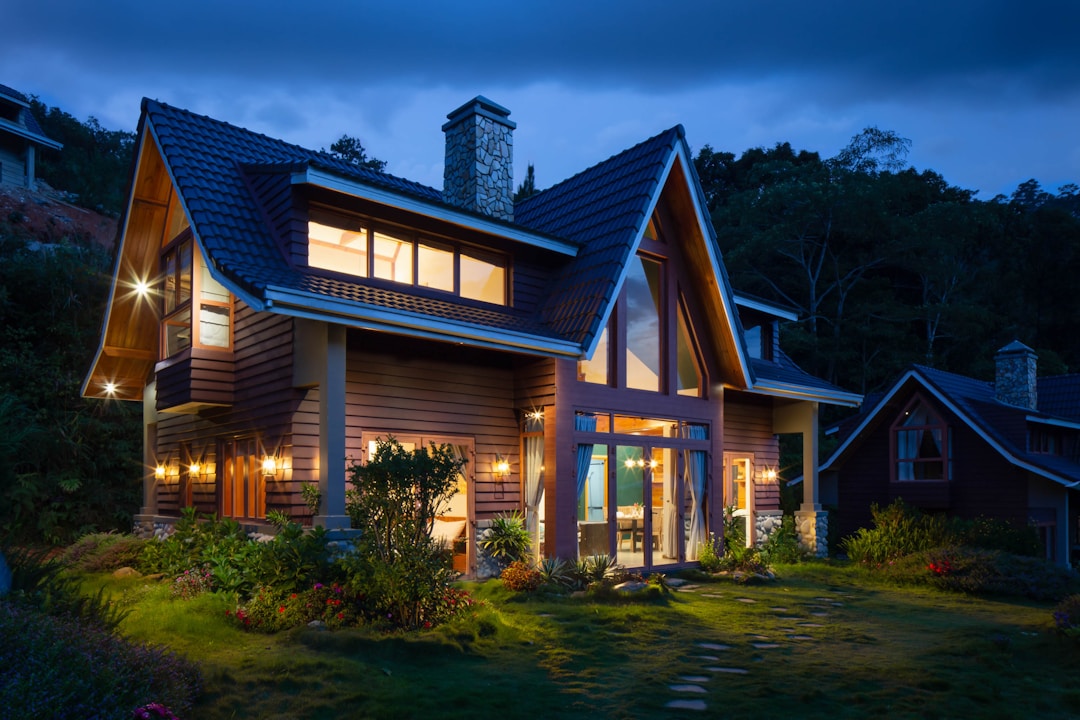
Finding the perfect location for your custom home is critical to the success of your project. Consider factors such as the neighborhood, school district, access to amenities, and potential for future growth when selecting a site. Make sure to research local zoning regulations, as these can influence the type of home you can build and other important considerations like setbacks, height restrictions, and available utilities.
When choosing a lot, think about factors such as size, shape, terrain, and accessibility of utilities. It’s a good idea to consult a tree care expert, like this tree care company in Kaysville, UT, to assess the health and location of existing trees that could affect your home’s construction. Working with a tree care company is especially necessary if you have older trees on your property. These trees may be more susceptible to damage, disease, and decay, and they may be more prone to falling or breaking during high winds, inclement weather, or storms.
Engaging a reputable real estate agent can streamline the process of finding suitable land and negotiating the best possible deal. Be sure to communicate your objectives and preferences clearly to ensure they present you with options that align with your vision and budget.
Choosing the Right Design and Architect

Choosing the correct architectural design for your custom home is essential for creating a space that fits your lifestyle, taste, and long-term needs. Research different home design styles, visit open house events, and browse through architectural magazines and websites to gain inspiration and determine your preferences. Factors such as the number of rooms, layout, and energy-efficiency requirements should all be considered during the design selection process.
Working with a reputable company that offers residential construction in Tampa will provide you with access to skilled designers who are experienced in working with various styles and budgets. They’ll help you refine your ideas, anticipate challenges and provide guidance throughout the entire building process. The right contractors and designers will bring your vision to life while maintaining a focus on functionality, aesthetics, and budget. Look for businesses with experience designing custom homes and a portfolio that showcases their creativity and ability to work within various styles.
Budgeting and Financing
Creating a realistic budget for your custom home is vital for maintaining financial control and ensuring your project stays on track. Your budget should include costs for land, construction, permits, design fees, and any additional expenses such as landscaping and furniture. Allow for contingencies, as unexpected costs frequently arise during construction.
Working with a financial advisor can help you identify the best financing options for your custom home project. They can guide you towards loan products specifically tailored to home construction, which typically involve a draw schedule to release funds as various milestones are reached. Remember to reevaluate your budget throughout the construction process. Regularly review expenditures against initial estimates and adjust as needed.
Selecting a Custom Home Builder
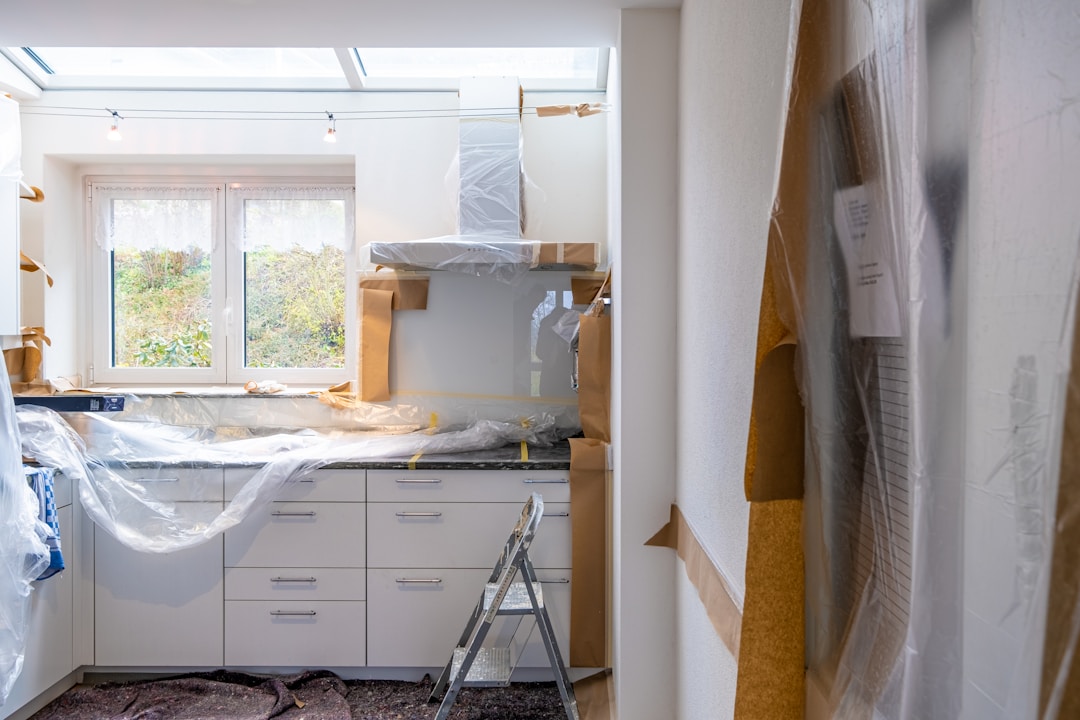
Choosing the right custom home builder is crucial for ensuring a successful and enjoyable building process. Look for a builder with a reputation for quality craftsmanship, excellent customer service, and successful custom home projects. Request references and inspect their previous work to evaluate their construction quality, design sensibilities, and attention to detail. Don’t forget to think about curb appeal, just in case you decide to sell in the future.
During the selection process, gauge how well they listen to your needs and whether they possess the collaborative attitude required for a smooth and successful construction experience. Ensure your builder is licensed, insured, and uses high-quality materials and subcontractors. A custom home is a significant investment, and choosing the right builder will give you confidence in your project’s durability and longevity.
As you can see, building a custom home requires thoughtful planning, a careful selection of professionals, and meticulous budgeting. Though it can take a lot of work and effort, the rewards are well worth it for you and your family. By following this guide and maintaining open communication with your home builder and design team, you’ll be well on your way toward creating the custom home of your dreams.



